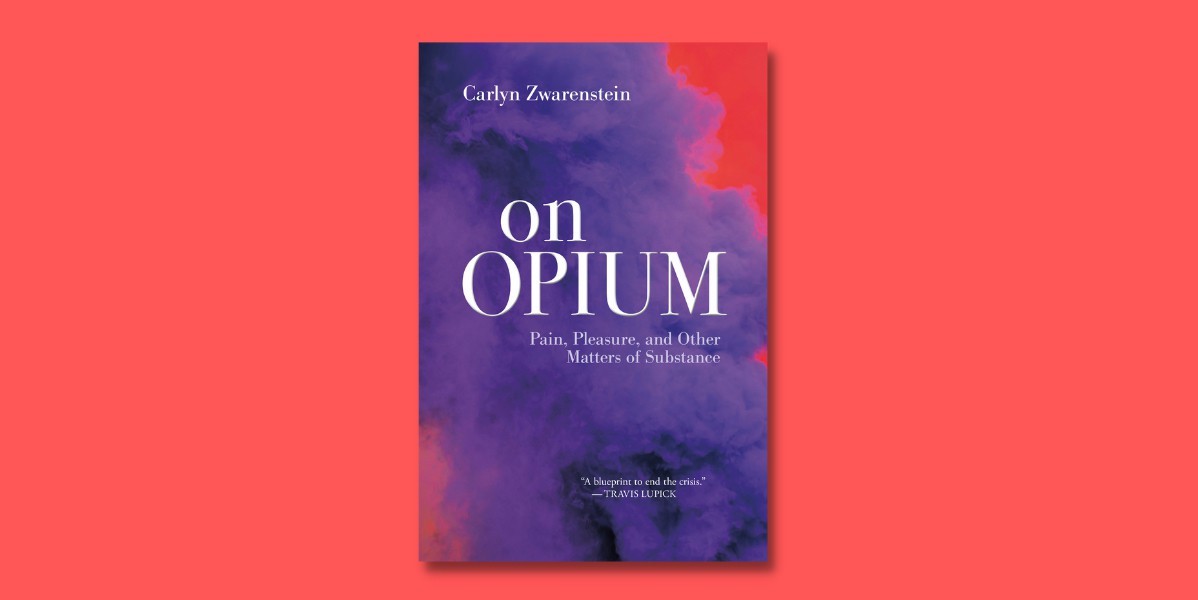The movement for reform in this country of non-medical use of drugs seems unstoppable. There are many drivers of change and a major one is the opioid crisis.
Since 2016, something like 20,000 people have died of drug toxicity. COVID-19 has made a tragic situation even worse. Mitigation efforts to address the pandemic have led to people using alone and removed from supports if they overdose. Access to health services has been reduced to create more resources for those felled by the contagion.
The horrors caused by street drugs sweep across the country with no end in sight.
There is a chorus of voices, from the Canadian Association of Chiefs of Police to the councils of cities such as Vancouver and Toronto, urging that drugs be at least decriminalized. A task force appointed by the federal government issued reports last summer that also urged decriminalization and ultimately a regime of legalization. There is pending litigation that would have judges order decriminalization.
The federal Liberal government does support some provisions for addressing the opioid crisis such as the provision of safe supply of drugs under supervised conditions. But it does so without a sufficient sense of urgency regarding comprehensive solutions. It has established a Ministry of Mental Health and Addictions headed by Carolyn Bennett, raising expectations that reform is on the way. Alberta is a holdout for significant change on several fronts. But its very opposition often throws into relief the case for transformation without delay.

In the midst of this clamour, Carlyn Zwarenstein’s On Opium: Pain, Pleasure, and Other Matters of Substance has appeared. No one who wants to understand non-medical use of drugs in this society should fail to read this book.
Part memoir, part history of the lures of opium across the ages, part deep reflection about what it is to be a writer, part meditation on the meaning of pain, part plea for reform, the book takes readers by the hand and leads them gently (but firmly) on.
Lately, there have been others who have written books about their own drug consumption.
Carl Hart, Ziff Professor of Psychology at Columbia University, has recounted his long use of heroin. But On Opium stands out. It’s possible to disagree with parts of this book. It’s impossible not to recognize its power.
Though Zwarenstein has much to say about illicit use of versions of opium (heroin, fentanyl, morphine, etc.), she herself uses legally. She suffers from ankylosing spondylitis, a disease of the spine that causes near constant debilitating pain. She has been prescribed and used the opioid tramadol for years.
Her recounting of the terrors of her affliction and her attempts to manage it other than using opioids is heart-rending. She challenges the claim that suffering is a morally superior position. She’s right about this. She reminds us with dry wit that when admirers of the emperor Marcus Aurelius extol his leadership in Stoicism, they usually don’t mention that he regularly availed himself of a tonic laced with opium. Yet, she came to use opioids with reluctance.
But use she does. Her taking of tramadol is legal, but she feels affiliated with so many others who take opioids in the shadows of illegality. The book is not only about her compelling story but also an account of others caught up in the use of this drug.
A brilliant aspect of this book is how it portrays the lives of users. There’s Matthew, who smokes opium; Joe, whose methadone seems to be waning in its effect; Meg, who persuades her doctor to prescribe fentanyl so she can stop going to the street for her drugs. Their complicated, difficult humanity deepens our understanding of how and why people turn to substances.
The book would not be characterized as organized. Sprawling might be a more accurate description as it moves back and forth from memoir, history, meditation, call for reform and sketches of personalities. This is far from the writing style of those of us schooled in writing policy briefs and scholarly tomes.
Yet it is not that Zwarenstein lacks discipline. It’s that she shows us how drug use, homelessness, abuse, discrimination and an economy designed for the few all need to be talked about at the same time. They are all related in unsettled ways.
Some days it does seem like we’ll never make progress in tackling the mess of drug use even as there is such urgency to do so. The opioid crisis is unrelenting as it enlists ever more victims in its miserable cause. Yet the path for change though complicated is clear.
We need to legalize and regulate non-medical use of drugs. The Liberal government’s own task force last summer pointed the way forward. As the Economist rightly observed several years ago, such reform would reflect “the least bad policy.” On Opium shows us that, after too much suffering, too much delay, that change will come.


The comments section is closed.